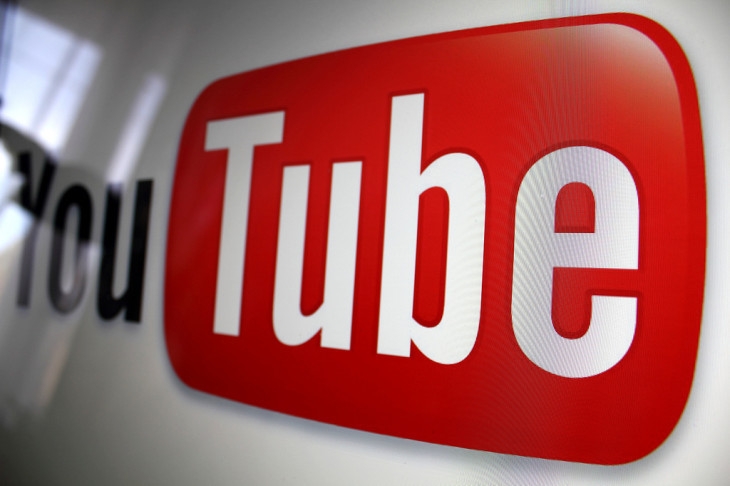YouTube today announced a change in policy regarding the novel coronavirus, or COVID-19. Previously, YouTube’s advertising guidelines prevented monetization of videos that included more than a passing mention of the coronavirus as part of its “sensitive events” policy. The policy is meant to protect advertisers from being associated with videos about things like mass shootings, terrorist acts, armed conflicts and global health crises — like the coronavirus. Now, YouTube is changing this policy to allow some creators to monetize videos on the topic, it says.
The creator community was unhappy with YouTube’s decision to demonetize any video featuring discussions of the coronavirus. (Though, to be fair, YouTube creators are generally unhappy when YouTube demonetizes any of their videos.)
But by not allowing creators to profit from videos about the coronavirus, or COVID-19, YouTube was putting a damper on informative, newsworthy videos as well as those capitalizing on the human tragedy and people’s fears about the emerging pandemic. The ban on monetization also meant that news organizations covering the topic responsibly wouldn’t be able to generate revenue from their videos, even as coronavirus news became one of their main coverage areas.
Today, YouTube CEO Susan Wojcicki explained the company’s decision to re-open monetization on videos referencing the health crisis.
“It’s becoming clear this issue is now an ongoing and important part of everyday conversation,” Wojcicki said, in reference to the coronavirus, “And we want to make sure news organizations and creators can continue producing quality videos in a sustainable way,” she added.
Not all video creators will be eligible to monetize their coronavirus videos, she notes.
Instead, YouTube says ads will be enabled on “a limited number of channels,” including those belonging to news partners and creators “who accurately self-certify.” The latter is a more questionable choice, as it opens up monetization to any creator using YouTube’s self-labeling system, not just news organizations or trusted health authorities.
"Forbes Georgia-ის სარედაქციო ბლოგპოსტების სერია "როგორ გამდიდრდა“ და "საქართველო რეიტინგებში".














